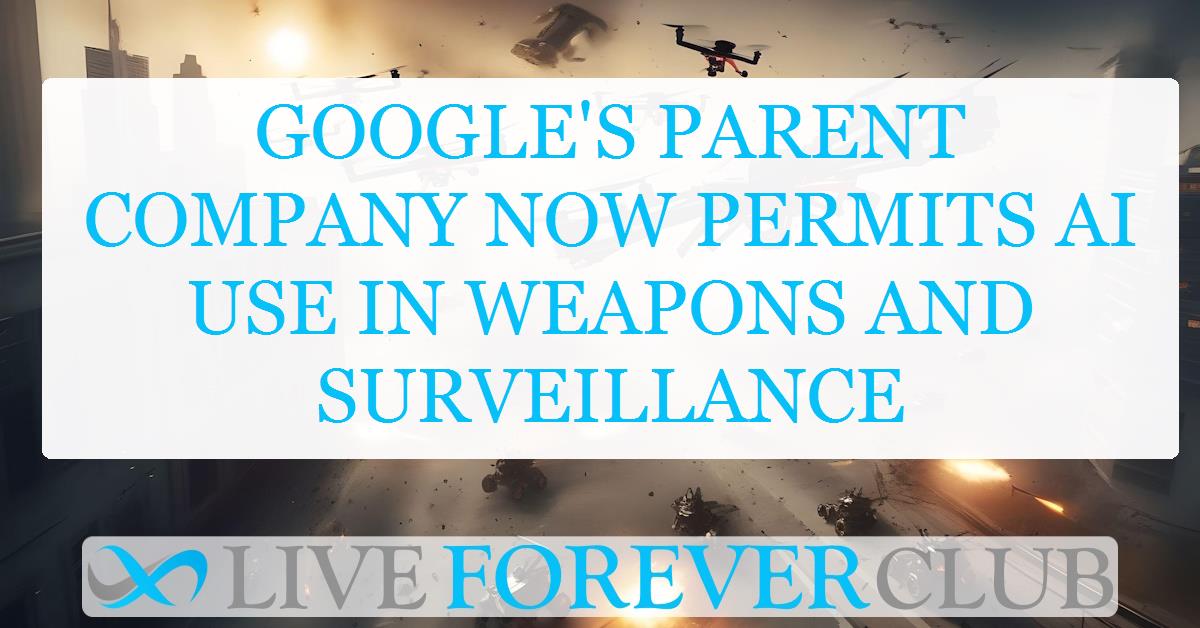Key points from article :
Google’s parent company, Alphabet, has dropped its ban on using artificial intelligence (AI) for weapons and surveillance, revising its 2018 AI principles to reflect the technology’s evolution.
Executives like Demis Hassabis emphasized collaboration between businesses and democratic governments to develop AI that supports national security while upholding values like freedom and human rights.
The shift comes amid growing awareness of AI’s military applications, with experts noting its use in conflicts like Ukraine, where it provides battlefield advantages. However, the decision has sparked concerns about autonomous weapons systems capable of making lethal decisions without human oversight.
Critics, including groups like Stop Killer Robots, warn that unchecked advancements could lead to catastrophic consequences. These fears were echoed in the Doomsday Clock’s latest assessment, which cited AI’s integration into military targeting as a growing threat.
Catherine Connolly of Stop Killer Robots described funding for autonomous weapons as "extremely concerning." This marks a departure from Google’s earlier "don’t be evil" ethos, which led to employee protests and canceled defense contracts, such as Project Maven in 2018.
Alphabet’s updated policy coincides with weaker-than-expected financial results, yet the company plans to invest $75 billion in AI projects this year—a 29% increase over analyst expectations. Much of this will fund infrastructure, research, and applications like AI-powered search tools. While Alphabet argues democracies must lead in shaping AI to counter authoritarian regimes, critics fear prioritizing profit and security may compromise ethics.
The lack of international regulations on autonomous weapons adds urgency to calls for controls. As countries accelerate AI programs, the risk of an arms race grows, raising questions about accountability and warfare’s future. Despite the controversy, Alphabet’s move underscores the tension between innovation and ethical responsibility in AI’s rapid advancement.




-thumbnail-AC.jpg)



